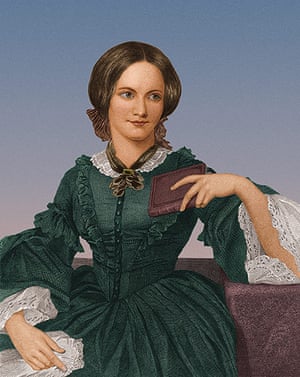James Joyce Ulysses (1922)
One of the longest:
“Stately,
plump Buck Mulligan came from the stairhead, bearing a bowl of lather
on which a mirror and a razor lay crossed.” This is the classic
third-person opening to the 20th-century novel that has shaped modern
fiction, pro and anti, for almost a hundred years. As a sentence, it is
possibly outdone by the strange and lyrical beginning of Joyce’s final
and even more experimental novel, Finnegans Wake: “riverrun, past Eve
and Adam’s, from swerve of shore to bend of bay, brings us by a
commodius vicus of recirculation back to Howth Castle and Environs.”
The one everyone knows (and
quotes):

Jane Austen Pride and Prejudice (1813)
“It is a truth universally acknowledged, that a single man in possession of a good fortune, must be in want of a wife.”
Parodied, spoofed, and misremembered, Austen’s celebrated zinger remains
the archetypal First Line for an archetypal tale.
Only Dickens comes
close, with the beginning of A Tale of Two Cities: “It was the best of
times, it was the worst of times, it was the age of wisdom, it was the
age of foolishness, it was the epoch of belief, it was the epoch of
incredulity, it was the season of Light etc…”

Charlotte Brontë Jane Eyre (1847)
“There was no possibility of taking a walk that day.”
The polar opposite to Austen and
Dickens, this line plunges the reader into the narrative, but in a
low-key tone of disappointed expectations that captures Jane Eyre’s
dismal circumstances.
Brontë nails Jane’s hopeless prospects in 10
words.
At the same time, the reader can hardly resist turning the first
page.
There’s also the intriguing contrast in tone with her sister
Emily, who opens Wuthering Heights with:
“I have just returned from a
visit to my landlord – the solitary neighbour that I shall be troubled
with.”
Mark TwainThe Adventures of Huckleberry Finn (1884)
“You don’t know about me, without you have read a book by the name of The Adventures of Tom Sawyer, but that ain’t no matter. That book was made by a Mr Mark Twain, and he told the truth, mainly.”
The influence of
this opening reverberates throughout the 20th century, and nowhere more
so than in JD Salinger’s The Catcher in the Rye:
“If you really want to
hear about it, the first thing you’ll probably want to know is where I
was born, and what my lousy childhood was like… and all that David
Copperfield kind of crap, but I don’t feel like going into it, if you
want to know the truth.”
PG Wodehouse
The Luck of the Bodkins (1935)
“Into the face of the young man who sat on the terrace of the Hotel Magnifique at Cannes there had crept a look of furtive shame, the shifty, hangdog look which announces that an Englishman is about to talk French.”
A classic English comic opening, perfectly constructed to
deliver the joke in the final phrase, this virtuoso line also
illustrates its author’s uncanny ear for the music of English.
Contrast
the haunting brevity of Daphne du Maurier in Rebecca, partly situated in
the south of France, and also published in the 1930s: “Last night I
dreamt I went to Manderley again.”
Donna Tartt The Secret History (1992)
“The snow in the mountains was melting and Bunny had been dead for several weeks before we came to understand the gravity of our situation.”
In this
spooky opening, Tartt plunges the reader into the middle of a crime
whose consequences will reverberate throughout the ensuing pages.
(Adapted from The Guardian)


such big personalities
ReplyDeleteLove it! Really interesting
ReplyDelete